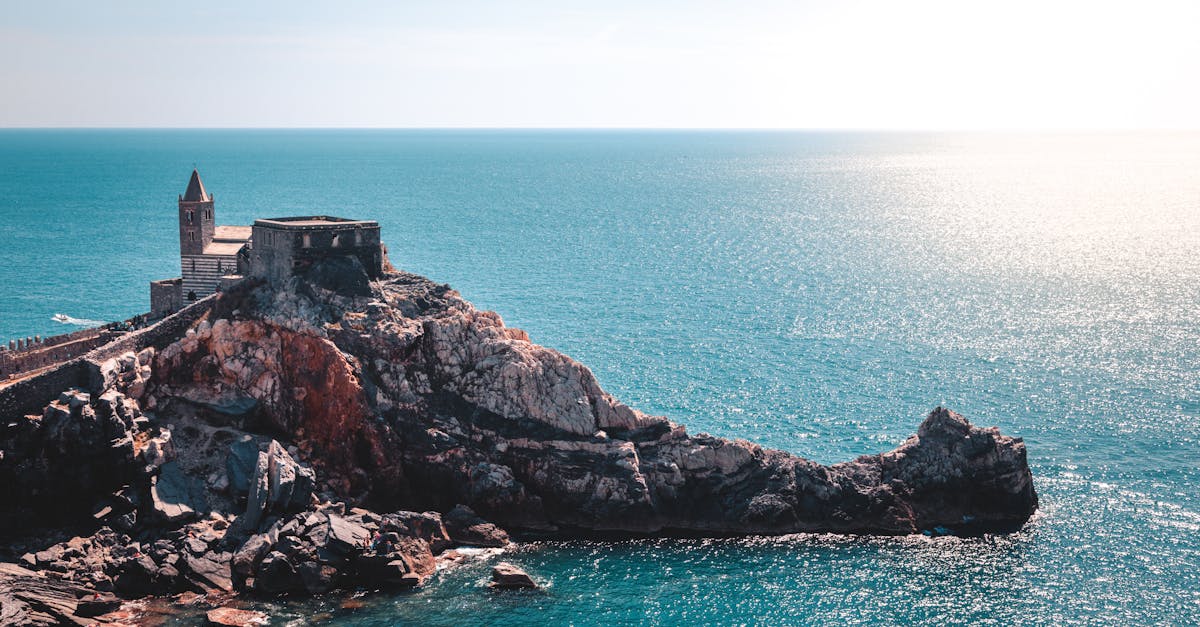How to select the best Transportation Services in New York ?
Transportation services are coming to Muni in August when the Bay Area’s largest public transit operator restores some routes that have been suspended since the start of the pandemic. Next month’s service restorations will be the last Muni changes scheduled for this year. Here’s what riders can expect.
Transportation services rides, for a month People can ride Muni’s iconic cable cars for free in August as cable car operators spend the month testing them for normal revenue service in September. Operators usually put sandbags in place of people as part of the mock test runs that are used to ensure that the cable cars are ready for service.
Riders will be able to board the cable cars free of charge throughout August — one-way fare costs $8 for transportation services in New York MTA— though the San Francisco Municipal Transportation Agency warns that service might be erratic during this time. The city’s three cable car lines will resume fare service in early September. Youths can ride Muni for free for one year All people ages 18 and under will be able to ride Muni buses and trains for free starting Aug.

15, as part of a one-year program funded by the city’s budget. There’s no application process, and youths can simply board buses and trains for the next year free of charge. Ages 16 and older are encouraged to carry some form of identification in case they’re approached by fare inspectors, according to the SFMTA. Muni trains will have expanded service in August, but will not be restored to transportation services.
Stephen Lam/The Chronicle More Muni Transportation services Rail service is coming back to Muni Metro’s M-Ocean View line Aug. 14. The return of the M line, which runs from Balboa Park to the Embarcadero, means that all but one of Muni Metro’s six lines will be staffed by light rail cars. The L-Taraval line, which takes riders from the San Francisco Zoo to the Embarcadero, will still be running with buses.
Night service will be extended on some bus routes Regular service hours will be extended from 10 p.m. to midnight on 16 bus routes: 1-California, 5-Fulton, 8-Bayshore, 9-San Bruno, 14-Mission, 22-Filmore, 24-Divisadero, 25-Treasure Island, 28-19th Avenue, 29-Sunset, 30-Stockton, 38-Geary, 43-Masonic, 44-O’Shaughnessy, 48-Quintara, and 49-Van Ness. Muni scaled back night service during the pandemic and activated a scaled-back version of its barebones Owl network in which buses run about every half hour.
The 16 lines mentioned will keep running buses at regular frequencies until midnight, and Muni’s full late-night Owl network will return, as well. Some bus lines are coming back More than a half-dozen bus lines will return with the new round of changes, though some of them will run shortened or modified routes.
The returning bus routes include: 5R-Fulton Rapid, 18-46th Avenue, 31-Balboa, 36-Teresita, 35-Eureka, and 39-Coit. A new route, the 58-Lake Merced, will take riders from the namesake lake to the 14 line in the Mission District. The 31-Balboa, which was added to the restoration list in response to community activism, will run a shortened route from La Playa Street in the Outer Richmond to Powell Street station. A Muni bus travels on Van Ness Ave. at Union St., in San Francisco.
Yalonda M. James/The Chronicle Additional changes won’t come until 2022 The latest round of Muni service restorations will be the last ones for the year. The SFMTA expects to restore 85% of Muni’s pre-pandemic service levels early next year.
There’s uncertainty in how the agency will restore service moving forward, and whether service will look the same as it did before the pandemic. The agency’s board of directors will decide in the fall whether to restore additional routes as normal, eliminate routes deemed redundant to boost frequencies on more popular lines, or go with a mix of those two approaches.
The agency hired a consultant, Jarrett Walker, to conduct an “access study†in the coming months that is intended to include public feedback. Ricardo Cano is a San Francisco Chronicle staff writer. Email: ricardo.cano@sfchronicle.com


